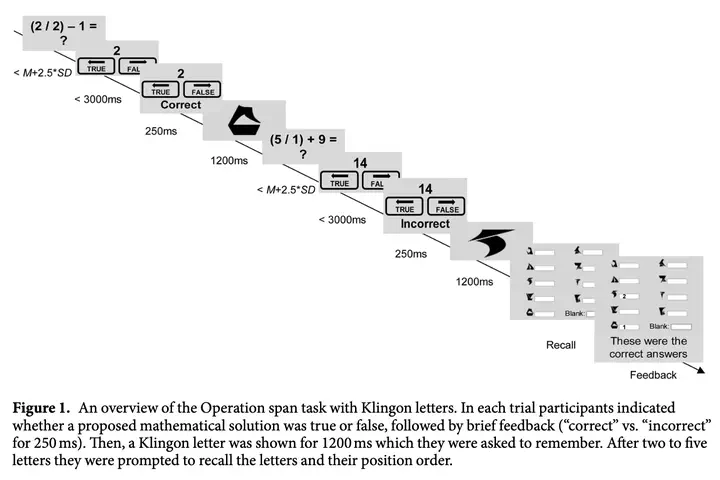Sad Mood and Poor Sleep Are Related to Task-Unrelated Thoughts and Experience of Diminished Cognitive Control

Abstract
Previous studies have indicated that a sad mood and sleep deprivation increase mind wandering, but it is unclear whether these associations reflect reduced effort in concentrating on the task at hand or diminished cognitive control. In an internet-based experiment, participants completed a sleep disturbance questionnaire followed by a complex span task and a 2-back task with thought-sampling probes. Subsequently, participants underwent mood inductions. Results replicated findings of increased task-unrelated thoughts following sad mood induction and showed associations with unguided thoughts and sleep disturbances.
Type
Publication
Scientific Reports, 10(8940)